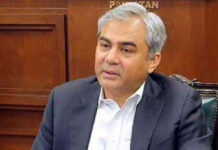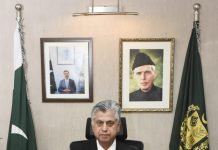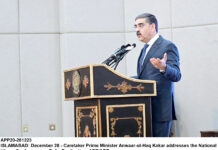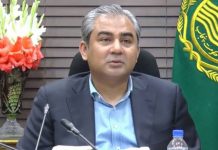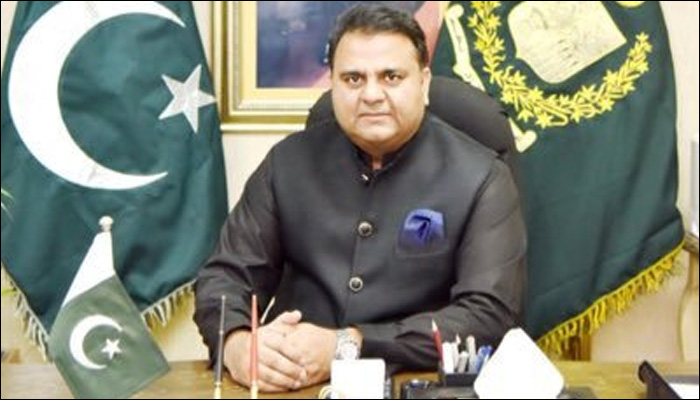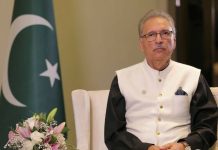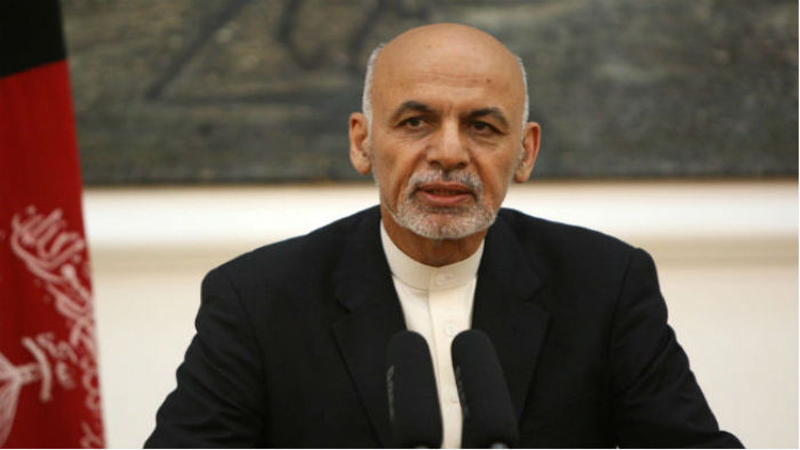
A council of 12 presidential candidates has said that if President Ghani wanted to stay after May 22 then he should withdraw from the election race. The elections are scheduled to be held on September 28.
Afghanistan’s Supreme Court last month ruled Ghani could stay as long as the new elections were not held. Several opposition leaders had criticised the court’s verdict. The elections were originally scheduled for April and then in July, but were postponed.
Ghani had taken office in 2014 at the head of a National Unity government that also included his rival, Dr Abdullah Abdullah, amid allegations of massive rigging. Abdullah had refused to accept the results. The US had to step in to end the controversy and the then US secretary of state John Kerry brokered a power-sharing deal.
President Ghani seems in trouble as his rival candidates have joined hands to call for his resignation and handing over power to an interim set up.
Presidential spokesman Haroon Chakhansuri rejected the opposition’s call in a series of tweets.
“Any demand such as calling for the so-called caretaker government is extra-constitutional, and the government, as the guardian of the constitution, opposes such propositions. The proposed mechanisms by a number of presidential candidates have no legal basis,” Ghani’s spokesman said.
He said that the Supreme Court was the highest authority to interpret the laws of the country and that no group or individual could interpret the law to their liking.
Pakistani officials said they were closely monitoring the fast emerging situation in Afghanistan.
“We would respect the Afghan nation’s decision for their future as we want them to take their destiny in their own hands,” a Pakistani official told Daily Times when asked about Pakistan’s approach towards the imminent political crisis in the neighbouring country, where Taliban have continued their attacks during Ramazan.
“Pakistan has no favourites in Afghanistan and believes in a truly Afghan owned Afghan-led process and solution and all necessary requirements to ensure this,” he said.
Islamabad’s policy to remain neutral in Afghanistan’s political affairs is a wise approach at a time when President Ghani’s recent contact with Prime Minister Imran Khan has raised hopes for normalising relations.
The much-publicized bilateral dialogue process the Afghanistan-Pakistan Action Plan for Peach and Solidarity or APAPPS has been facing a deadlock since November. The joint working group on refugees met in Islamabad in November. Afghanistan has refused to hold meeting of the APAPPS unless Pakistan holds joint conferences of scholars in Islamabad and Kabul against the violence in Afghanistan. Kabul wants Pakistani scholars issue a decree similar to Islamabad’s ‘Paigham-e-Pakistan’ that had declared suicide attacks in Pakistan as against Islam.
Pakistan insists it is ready to hold the ulema conference and has also suggested to Kabul to revive the APAPPS process.
President Ghani’s telephonic call to Prime Minister Imran Khan on May 5 ended the impasse of several months. Foreign Minister Shah Mahmood Qureshi had visited Kabul in December and military and intelligence officials had established contacts in January, but then the Afghan side remained silent for five months. However, the phone call revived the interaction.

